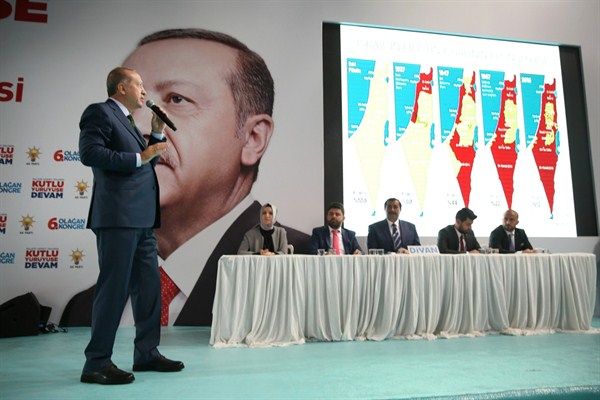Earlier this month, after Israeli soldiers killed 17 Palestinians during protests near Gaza’s border with Israel, Turkish President Recep Tayyip Erdogan and Israeli Prime Minister Benjamin Netanyahu engaged in a war of words. Erdogan called Netanyahu a “terrorist,” while the Israeli leader responded on Twitter by saying he would not be lectured to by someone who has been “bombing civilians indiscriminately for years” in Syria. The public spat has threatened to undo a rapprochement agreement between Turkey and Israel signed in late 2016. Nearly six years ago, diplomatic ties were severed following Israel’s attack on a Turkish-flagged aid flotilla heading to Gaza, in which 10 Turkish activists were killed. In an email interview, Michael Koplow, the policy director at the Israel Policy Forum and creator of the blog Ottomans and Zionists, explains why Israel-Turkey ties today are “little more than a hollow shell.”
WPR: Where do relations between Turkey and Israel stand today, nearly two years after their 2016 rapprochement deal?
Michael Koplow: Relations between Turkey and Israel following the rapprochement deal have followed the same pattern that characterized the six years leading up to their reconciliation, during which political ties progressively deteriorated while economic ties increased. The high level of distrust between the Turkish and Israeli governments has not abated, and Erdogan still frequently uses Israel as a rhetorical punching bag as a way to score easy political points domestically. The dysfunctional relationship is not only a result of specific events that take place in the Israeli-Palestinian conflict; it is also driven by a general Israeli frustration that Turkey, among other things, is empowering extremist groups such as Hamas. The robust military cooperation that used to exist between the two countries is a shell of what it once was, and this means that the tension on the political level dominates the bilateral relationship.

